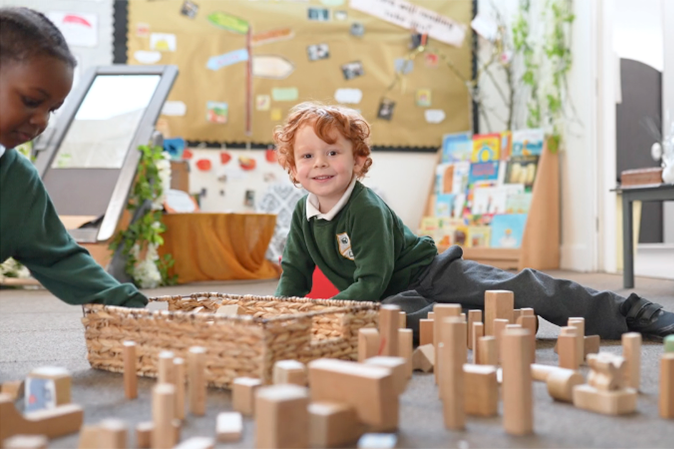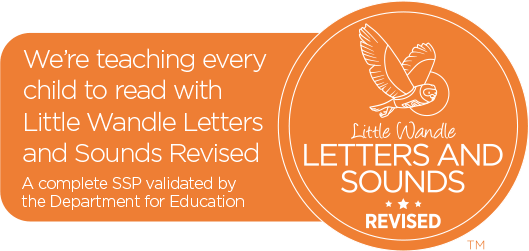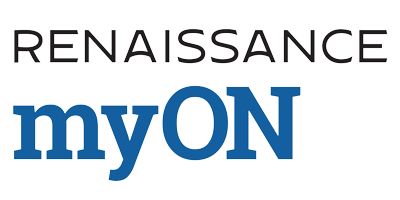English

English has a pre-eminent place in education and in society. A high-quality education in English will teach pupils to speak and write fluently so that they can communicate their ideas and emotions to others and through their reading and listening, others can communicate with them. Through reading in particular, pupils have a chance to develop culturally, emotionally, intellectually, socially and spiritually. Literature, especially, plays a key role in such development. Reading also enables pupils both to acquire knowledge and to build on what they already know. All the skills of language are essential to participating fully as a member of society; pupils, therefore, who do not learn to speak, read and write fluently and confidently are effectively disenfranchised.
– National Curriculum, 2013
At TGSA, we use the Write Stuff approach to writing developed by Jane Considine.
The Write Stuff is based on two guiding principles:
- experience days
- sentence stacking lessons
With modelling at the heart of them, the sentence stacking lessons are broken into bite-sized chunks and taught under the structural framework of The Writing Rainbow. Teachers prepare children for writing by modelling the ideas, grammar or techniques of writing.
Key aspects of The Write Stuff system include:
- The Write Stuff builds pupils’ confidence with sentence structure.
- The approach widens the repertoire of writing options for pupils.
- Pupils gain an understanding of the ‘whole’ piece that they are writing.
- Organisation of their ideas and cohesion between them is strengthened.
More information can be found at https://www.janeconsidine.com/
Resources for Parents
At TGSA we prioritise the core reading aims of the National Curriculum.
Our children will:
- read easily, fluently and with good understanding
- develop the habit of reading widely and often, for both pleasure and information
- appreciate our rich and varied literary heritage
Accelerated Reader & myON
Accelerated Reader™ (AR) is a whole class management and monitoring programme that supports our children to develop independence and a love of books. Developed by Renaissance Learning, it allows teachers to monitor the reading development and practices of their children, and provides tools to quickly ascertain their reading level, reading age and comprehension level.
Pupils read a book, take an online quiz and get immediate feedback. The programme then helps them to choose a new book at the correct level of challenge. The programme encourages pupils to read independently and at their own pace and level.
Children have access to a huge library of online texts through MyOn, the online library connected to AR.
Reading Lists
Audio & Online Books
Listening to stories is a crucial part of developing both reading skills and a love of reading. Explore the links below to discover online books for you to enjoy at home:
Note: Audible has a large selection of audio books but requires a paid subscription.
Leicester Libraries
A visit to a local library is a fantastic way to develop a love of books and access a constant supply of new titles. Borrowing books is completely free and libraries often run exciting events relating to books.
Leicester libraries have a wide range of audiobooks for children that you can download for free by just using your library card!
The national curriculum for English reflects the importance of spoken language in pupils’ development across the whole curriculum – cognitively, socially and linguistically. Spoken language underpins the development of reading and writing. The quality and variety of language that pupils hear and speak are vital for developing their vocabulary and grammar and their understanding for reading and writing.
National Curriculum, 2014
At TGSA, language development is at the centre of our planning. Vocabulary development is a core element of learning in every subject. We love to talk and make sure that there is time for it and fascinating things all around to talk about.
Pupils are taught to read and write using Little Wandle Letters and Sounds Revised, which is a systematic synthetic phonics programme. Phonics begins in Nursery and Reception and children, following the Little Wandle Letters and Sounds Revised progression to ensure they master the alphabetic code and learning can remain in their long-term memory. Starting in Reception, children’s home reading books match their phonics learning and understanding. They learn to read their book in school allowing them to then practise and rehearse their fluency at home.
Support for Parents can be found here: Little Wandle Letters and Sounds- For Parents
Spelling Shed
To support pupils with spelling, each child has their own personal login for spelling shed. This website is a fantastic resource that allows children to practice their weekly spellings in an interactive and fun way. It supports them in their understanding of spelling rules, gives them live feedback on their spelling scores and also feeds their progress back to teachers so they can monitor how they are getting on. They are also able to play live ‘hive’ games where they can compete with other pupils in their class to come top of the league!
Spelling Shed can be used at home as well as at school. Your child’s login details will be provided by their class teacher. Please contact this teacher with any queries.
Spelling Lists
Please click below to view the Primary spelling lists:


